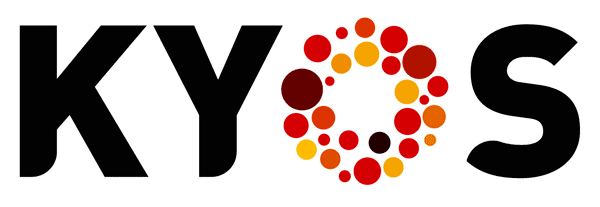What are Power Purchase Agreements (PPAs)?
PPAs, or Power Purchase Agreements are contracts between professional parties for the supply of electricity. They are increasingly used to finance renewable generation assets to distribute the financial risks and rewards between asset owners and electricity buyers. They stipulate what volumes from the asset are being sold, at what prices and over what horizon. PPAs are not new; this type of contract has existed for decades in the conventional energy sector as ‘grey PPA’. However, the popularity has risen enormously in the field of renewable generation, and nowadays a PPA generally refers to a ‘renewable PPA’ or ‘green PPA’.
Buyers of PPAs
Natural players on the buy side of PPA contracts are the supply companies and utilities. They can integrate the electricity in their portfolio, often already comprising the direct ownership and management of other renewable assets. Utilities redistribute the power to the actual consumers, such as households and businesses. Those end-users can also decide to contract renewable energy directly from the solar park or wind farm. This is the market of so-called corporate PPAs. So far, only the largest corporate companies have entered this space.
Contract parameters
The contract duration for a green PPA is often 10 years or longer. One reason is that each contract requires a certain level of structuring. This requires people and money, so is not something you wish to repeat every year. For shorter durations it is cheaper to trade standard contracts in the market place, such as forwards and futures.
Price and volume are other important PPA parameters. The price may be fixed or may be derived from a market index, such as an average power spot or forward price. Indexed contracts may additionally contain caps or floors to limit the price risk to the buyer (cap) or seller (floor).
In a ‘pay-as-produced PPA’, the volume exactly follows the generation of the underlying asset. That is ideal for the generator, but not always so for the consumer, which may have a very different consumption profile. For the benefit of the consumer, the PPA may deliver a flat volume (‘baseload PPA’), potentially with a monthly shape that matches the expected monthly generation profile (‘monthly baseload PPA’).
For more information on how KYOS can help with valuing Power Purchase Agreements (PPA) see our page on Renewables.
